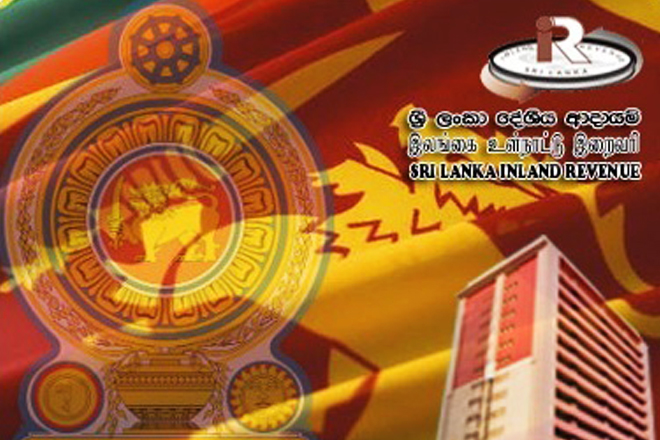 LBO - Sri Lanka’s newly revised Inland Revenue Act will augment the country’s very low level of government revenues, Moody’s said.
LBO - Sri Lanka’s newly revised Inland Revenue Act will augment the country’s very low level of government revenues, Moody’s said.Vice President, Sovereign Risk Group of Moody’s Investors Service, William Foster, commenting on the new law said it replaces the existing law with a more efficient, modern and broad-based tax framework.
“Through past additions of multiple tax exemptions, Sri Lanka’s income tax efficiency and tax collection are weak relative to other sovereigns,” Foster said.
“The general government revenue-to-GDP ratio was only 14.3% in 2016, one of the lowest among B-rated sovereigns.”
The reforms of the Inland Revenue Act offer prospects of higher revenues.
Foster highlighted that the implementation of revenue reforms that foster long-term fiscal consolidation will be critical to shoring up Sri Lanka’s credit profile, which is weighed down by the country’s large debt burden and relatively weak debt affordability.
On September 7, Island’s new revenue law passed in Parliament with amendments with the bill receiving 90 votes in favour while 25 votes against.